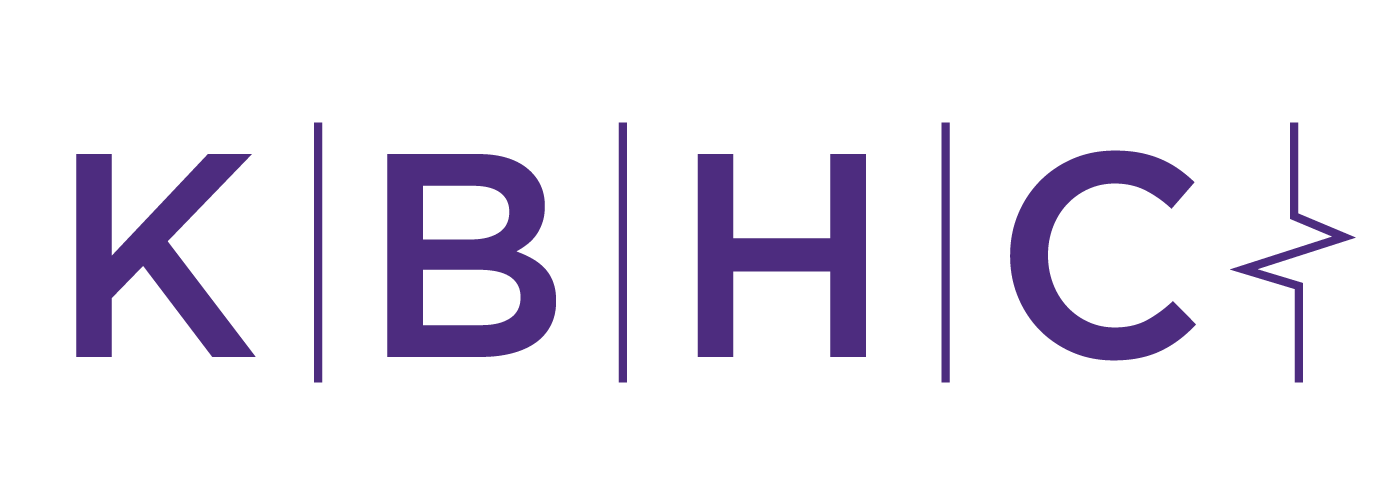Automation with Empathy: A Conversation with Patty Riskind, CEO of Orbita
Emma Lichtenstein ’22 chats with Patty Riskind ’97 on the use of deep learning and conversational AI to help patients navigate the complex healthcare ecosystem.
Patty Riskind is a dynamic healthcare technology leader with demonstrated success leading high performing teams in strategy, operations, and sales and marketing. She is currently CEO of Orbita, a conversational AI company, focused on automating workflows in healthcare and life sciences.
Patty has previously worked as Head of Global Healthcare at Qualtrics, Chief Client Experience Officer at Press Ganey Associates, and in leadership roles at several other healthcare firms. She has a Bachelor of Arts degree with honors from Brown University and an MBA from the Kellogg School of Management at Northwestern University.
EL: In the midst of various companies searching for AI applications in healthcare, Orbita has trademarked "Automation with Empathy". What does this mean to you? What unmet needs does Orbita solve for?
Patty Riskind: Orbita helps patients, providers, employees, suppliers, and consumers navigate the complex world of healthcare using intelligent virtual assistants delivered through chatbots, email, text, and voice. This “navigation” is human like – leveraging conversational AI that uses deep learning and continuously improves from conversation to conversation. Orbita’s approach provides the flexibility and responsiveness that you would expect from talking to a person vs. a typical chatbot that is limited to pre-defined scripts and rules. Thus, Orbita delivers automation with empathy that allows a user to conveniently find care, receive care, and manage care.
Orbita makes it easy to check symptoms, find a doctor, schedule an appointment, prepare for a procedure, complete post-procedure follow-up (e.g., schedule therapy, place a prescription), and remain adherent to treatment protocols. Because Orbita can automate outreach, we help patients remain engaged while alleviating the administrative burden on staff, allowing clinicians to focus more on the critical tasks of delivering care rather than routine administrative tasks that technology can address.
EL: What role has Orbita played in patient awareness and engagement during the COVID-19 pandemic?
Patty Riskind: Orbita provided support for COVID symptom checking, communication of COVID test results, instructions in response to positive COVID tests, healthcare employee compliance related to COVID protocols, scheduling of postponed visits/procedures, and more.
EL: What applications for AI in healthcare do you think have been overlooked? What opportunities do you see arising in the next 5 years?
Patty Riskind: There are numerous opportunities for streamlining workflows and communication across the healthcare spectrum. Orbita’s technology improves everything from appointment reminders, no-show rescheduling, medication education, refill reminders, chronic care management through remote patient monitoring, and digitized health communication for wellness. In the next 5 years, we will likely see more virtual communication and care management that empowers patients and providers to work more collaboratively. Ideally payment for care will reflect the streamlined access and utilization that technology enables. In addition, integration between systems will help make transactions and interactions across healthcare systems more accessible and easier to navigate.
EL: As a Kellogg alum with 30+ years of experience in healthcare, what advice do you have for Kellogg students interested in pursuing a career in digital health?
Patty Riskind: There is going to be continued growth and advancement in technology across administrative, financial, and clinical sectors within healthcare. All customer segments (providers, payers, life science) are investing in digital solutions because they realize leveraging technology is needed to be more efficient and effective. The healthcare sector accounts for 20% of the US GDP…and unfortunately people will continue to get sick, so demand for improved services from a more sophisticated, online, customer base will continue. That translates to a lot of career opportunities in digital health!
ABOUT THE AUTHOR
Emma Lichtenstein is a second year student in the MMM (MBA + MSDI) program. Prior to Kellogg she worked in management consulting focused on developing growth strategies for healthcare payer and providers and incubating new business offerings. She has also worked with a large medical device company and a maternal health startup. At Kellogg, she is actively involved in the Kellogg Business of Healthcare Conference and the Women's Business Association.


